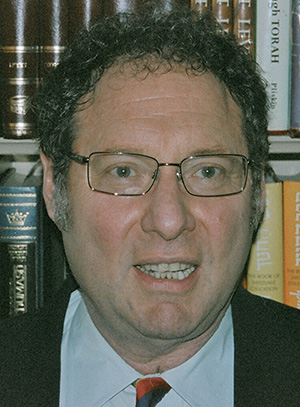
This week, in the Creation story, we read about the creation of man. Adam is given one command, not to eat of the fruit of the Tree of Knowledge of Good and Evil. Needless to say, it is to this tree that they are drawn. They eat; their “eyes are opened”; they feel shame.
God searches for Adam and asks, “Ayeka?—Where are you?” Did God not know where Adam was? Of course He knew. The Torah is not merely a history book, but rather it teaches a lesson for all times. Adam, the first, in the Garden of Eden, represents every human being. In every era, every day, at every moment, to every man and woman, God calls out: “Where are you? Where are you in your world? What are you doing with your life? What are your values, your goals?”
The story is not simply about eating the fruit of the tree; it is about restraint, self-control, responsibility and freedom to choose. “Man stands at a crossroads,” wrote Rav Soloveitchik, “and wonders which way to proceed. Confronting him is a terrible choice: between the image of God or a beast of prey; the glory of nobility or the monster of the universe; the choicest of creatures or a corrupt creature.
“The Almighty, when He created the universe, left room for His creature—man, to participate in His creation. Man is compelled to become a chooser and is obligated to participate in the renewal of Creation; and most important of all, is the obligation that man create himself.”
The Rabbi of Kotzk taught, “‘In the beginning, God created…’ God created only the beginning. From this point onward, it is up to man to build himself and his world.”
God planted Adam in the Garden of Eden to work it and to guard it. So, too, man must look upon himself as a guardian of the fate of the world. We are His experiment, so to speak. God needs us, as much as we need Him. We must not fail Him.
Once, a man came to his rabbi presenting him with a long list of his many needs. The rabbi studied the petition and then remarked, “It seems you have given a great deal of thought to all that you need. Have you given equal thought to why you are needed?”
By Martin Polack
Martin Polack is a data analyst and involved in adult Jewish education.













